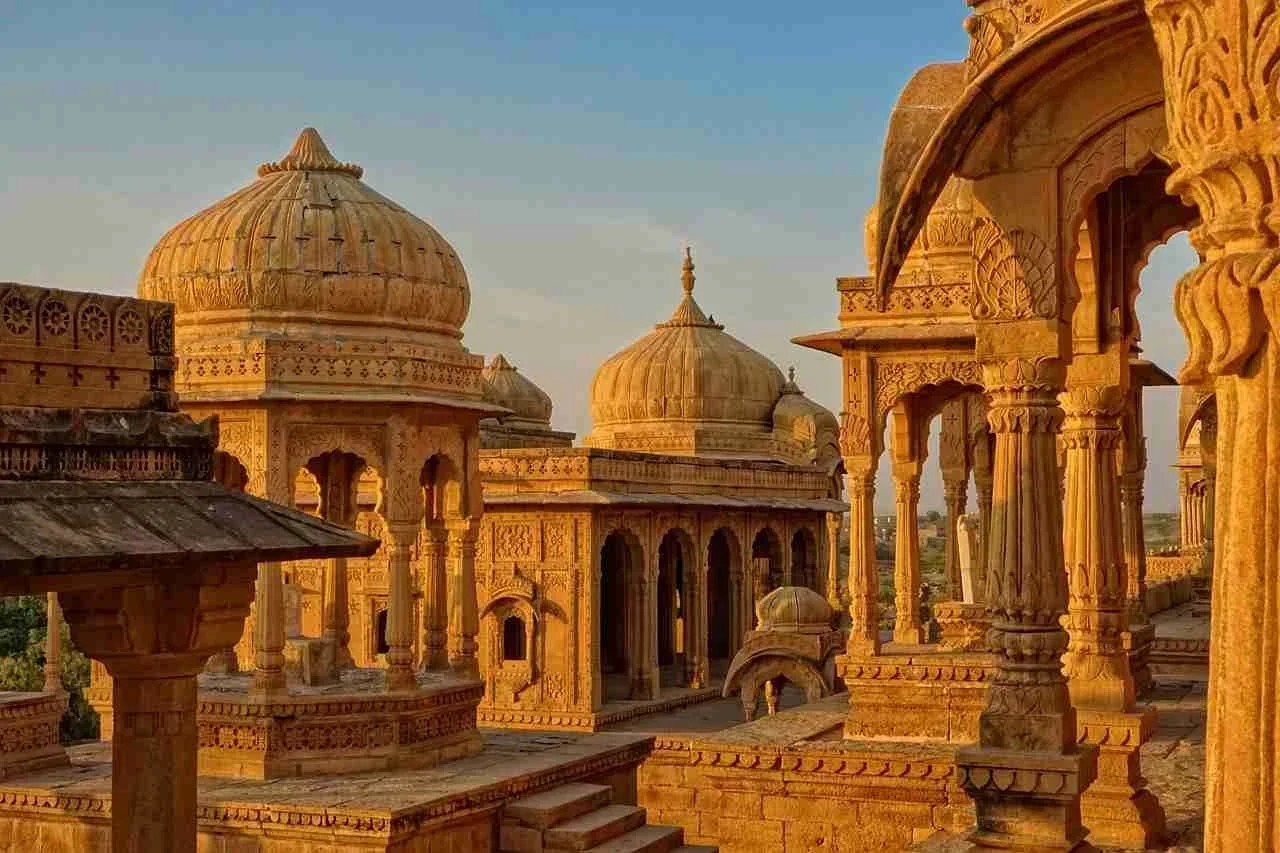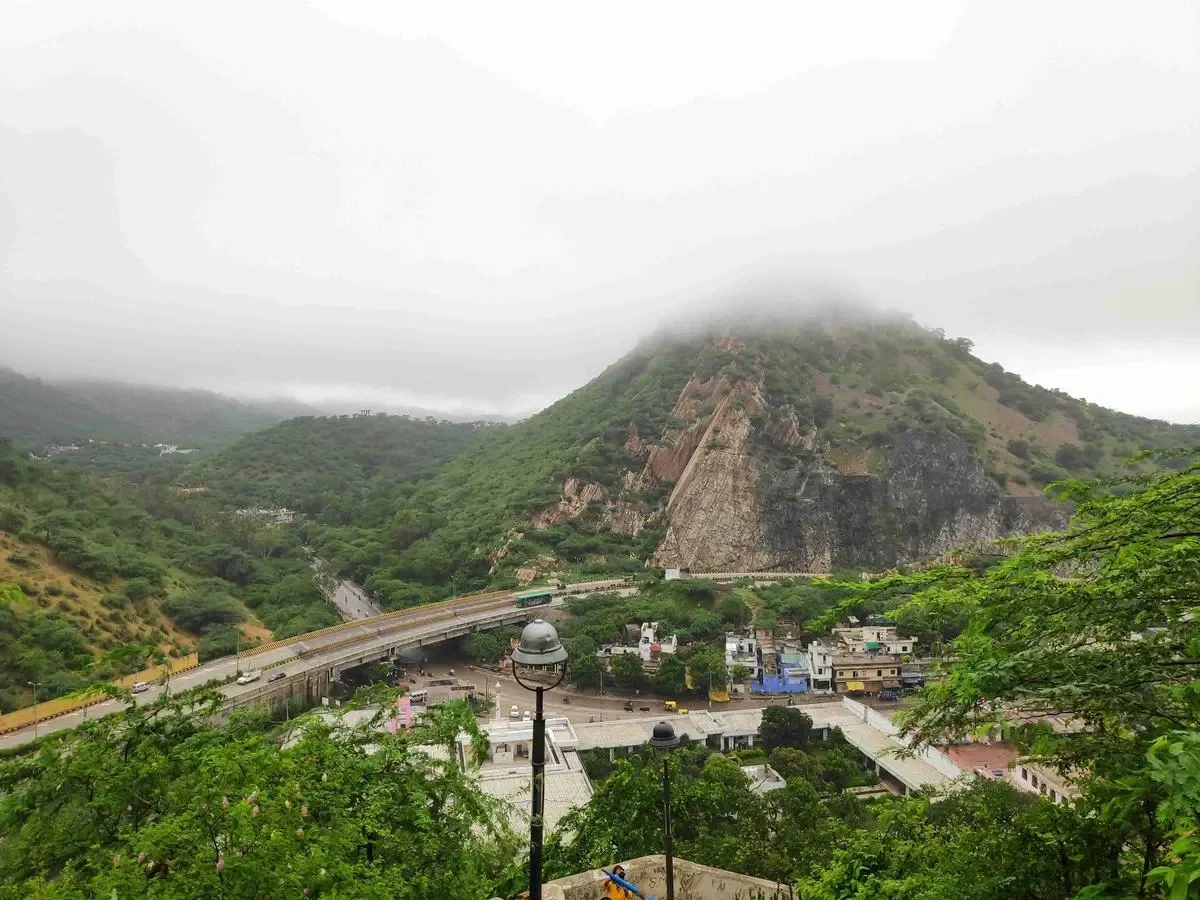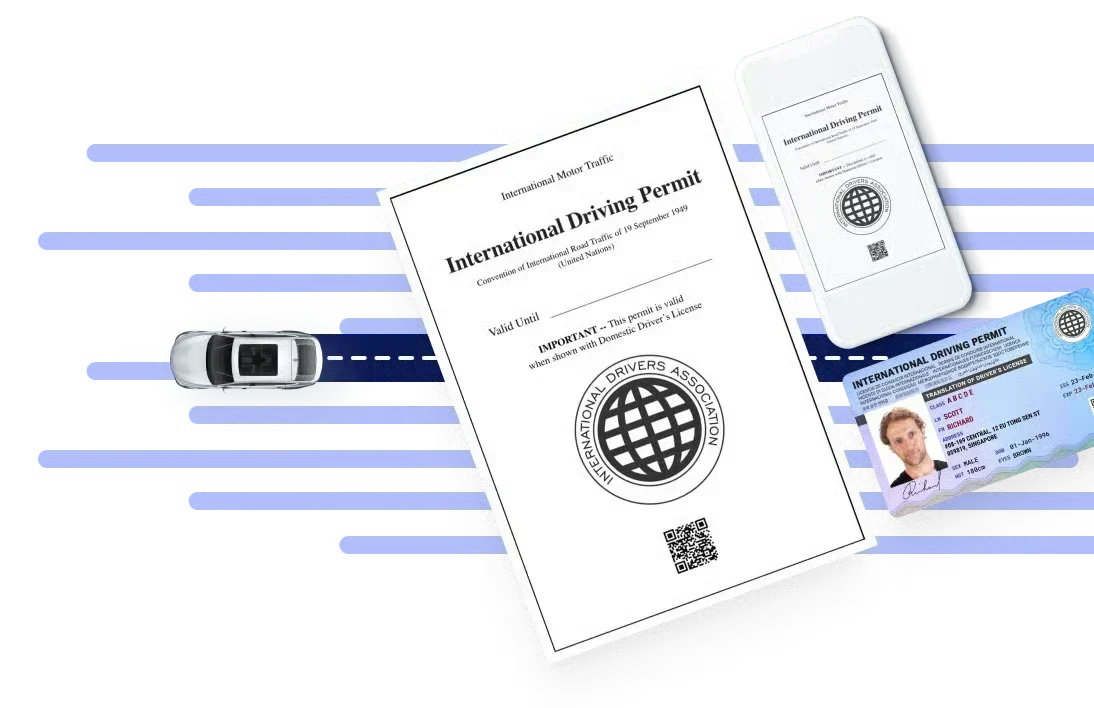
Source: Image by Volker Glätsch from Pixabay
When considering a trip to India, you should plan for an adventure like no other. This country offers diverse activities, from spiritual journeys to exhilarating safaris. You can travel from the bustling streets of Mumbai to the beaches of Goa or explore Jaipur’s vibrant culture before heading to Jaisalmer’s landscapes.
However, India is also grappling with harmful levels of air pollution, exacerbated by vehicular emissions in its cities. As a conscious traveler, one way to minimize your impact is by renting an electric vehicle (EV).
While renting an EV is a great way to contribute to environmental sustainability, it comes with preparations. You must plan your trips according to charging station availability and obtain an International Driving Permit (IDP).
If you’re determined to make this a reality, our guide will be your starting point for a memorable EV road trip across India.
India’s EV Network and Infrastructure
India is abundant in various aspects—its vast population, intellectual talent, and historical attractions draw millions of visitors annually. However, it is also home to some of the most polluted cities in the world. In response to these pressing environmental problems, the country is driven by the urgent need for sustainable transportation solutions.
The Indian government has implemented schemes like FAME (Faster Adoption and Manufacturing of Electric Vehicles) and the recent PM e-Drive to incentivize the establishment of charging infrastructure. It also has made strides in expanding its charging infrastructure, with over 10,000 public EV charging stations currently operational. However, there is a noticeable gap between demand and availability.
This number is still insufficient, given the growing number of EVs on the road. The ideal ratio for effective charging availability is estimated to be between 6 to 20 EVs per public charger, but currently, there is only about 1 charger for every 135 EVs.
While the number of charging stations is growing, it cannot support widespread EV adoption. Major cities like Delhi, Mumbai, and Bangalore are seeing increased public charging stations, but rural areas still lack adequate facilities.
Challenges of Using Electric Vehicles (EVs) in India
In India, the current state of electric vehicles shows promising growth trends and government backing. However, here are the key factors to consider when renting an electric vehicle (EV):
Charging Reliability
The reliability of fast public chargers can vary significantly across India. Established players like Tata Power have faced criticism for inconsistent service, while newer startups like ChargeZone and Zeon are gaining traction for their more dependable infrastructure.
Range Anxiety
Although many EVs now offer sufficient range for most trips (typically between 250-400 km per charge), range anxiety remains a concern during long highway journeys with limited charging options.
Time Considerations
Charging an EV takes longer than refueling a conventional vehicle, adding significant time to road trips. This aspect may be frustrating if you are a traveler on a tight schedule.
Recommended EV-Friendly Routes in India

Source: Photo by Ravi Khandelwal on Unsplash
In India, electric vehicles (EVs) are ideally suited for urban commuting, primarily due to the current limitations in charging infrastructure. However, if you’re considering long-distance travel, several routes worth exploring cater to EVs. Here are some recommended journeys that feature charging stations along the way:
Delhi to Chandigarh
This route spans approximately 260 km and is one of the first EV-friendly highways in India, featuring chargers at regular intervals. This route is known for its scenic views, transitioning from the urban landscape of Delhi to the picturesque Punjab.
Key Stops:
- Panipat: A convenient stop with charging facilities available at the Panipat Plaza Mall. This location offers shopping and dining options while your vehicle charges.
- Sonipat: Another great stop with charging stations at the Sonipat Bypass. Travelers can find restaurants and cafes nearby for refreshments.
Along this route, charging stations are located approximately every 25-30 km, making it relatively easy to manage range anxiety. The highway features AC and DC chargers operated by various providers, such as Tata Power and ChargeZone.
Mumbai to Pune
This popular route is about 150 km long and is frequently traveled by EV owners due to its well-established charging infrastructure.
Key Stops:
- Amrai Resort: Located on the highway, this resort has become a popular destination for EV owners, featuring chargers from Tata Power and ChargeZone side by side. Travelers can relax in the garden restaurant while their vehicle is being charged.
- Kolhapur: After Pune, Kolhapur offers charging facilities at McDonald’s along the highway, where you can charge your vehicle while enjoying a meal.
The Mumbai-Pune route has several fast-charging stations, making it easy for drivers to stop for a quick charge without significant delays. Apps like PlugShare can help locate these stations in real time.
Bengaluru to Chennai
Covering approximately 350 km, this route connects two major cities and is increasingly becoming EV-friendly. In Chennai, visitors can discover the city’s rich culture by visiting landmarks such as Marina Beach, Kapaleeshwarar Temple, and museums that highlight Tamil history.
Key Stops:
- Krishnagiri: A strategic stop with multiple charging options at local restaurants and hotels. This area has seen recent improvements in charging infrastructure.
- Vellore: Vellore Fort can be an interesting detour where you can find charging stations at nearby hotels, allowing you to explore while your car charges.
Charging stations are available every 50 km, ensuring drivers have ample opportunities to recharge their vehicles.
Delhi to Jaipur
Traveling from Delhi to Jaipur (approximately 280 km) takes about 5 hours via NH 48. This route offers a glimpse into Rajasthan’s culture with opportunities to stop at historical sites like Neemrana Fort.
Key Stops:
- Neemrana: Known for its historical fort, Neemrana has charging stations available at various hotels. This stop provides a great opportunity to explore local history while recharging your EV.
- Manoharpur: Another good stop with a few hotels offering charging facilities, making it easier for travelers to plan overnight stays if needed.
The Delhi-Jaipur highway has several fast chargers, allowing quick stops every 50 km. This makes it feasible to complete the journey comfortably without worrying about running out of charge.
Additional Tip: Traveling from Jaipur to Agra is convenient, as Agra is renowned for being home to the iconic Taj Mahal. The distance between the two cities is approximately 200 kilometers, making it easily accessible by various modes of transportation.
Hyderabad to Bengaluru
This route stretches approximately 570 km, connecting two major tech hubs in India.
Key Stops:
- Kolar: A notable stop with charging facilities available at local restaurants and hotels, providing good food options while your vehicle charges.
- Chikkaballapur: This area has several hotels equipped with EV chargers, making it a convenient overnight stop if needed.
The Hyderabad-Bengaluru route features multiple charging points, ensuring that drivers can easily find places to recharge their vehicles every 80-100 km.
Before starting your road trip in India, you must download a few key apps that will help you locate EV charging stations. Some of India’s top apps for locating EV charging stations include Tata Power EZ Charge, PlugShare, ElectricPe, Statiq, and chargeMOD.
Renting an EV in India
Renting an electric vehicle (EV) in India is becoming an option for those looking to experience eco-friendly transportation without the commitment of ownership.
To rent an EV in India as a foreign traveler, you need to provide the following documents:
- International Driving Permit (IDP): An IDP is essential for driving in India, as it is recognized alongside your home country’s driving license.
2. Passport: A valid passport serves as identification and proof of travel status.
3. Local Payment Method: When renting an electric vehicle (EV) in India as a foreigner, the payment methods available can be limited due to compatibility issues with local payment systems. Some rental agencies may accept cash payments, but this is less common and can vary by provider. Ensuring you have a local payment method is crucial for a smoother rental experience.
4. Age Requirement: Most rental agencies require drivers to be at least 21, although some may have higher age limits for premium vehicles.
Some agencies may also ask for additional documents like proof of income or a credit card for security deposits.
Costs of Renting an EV
The EV renting cost can vary widely based on the model, rental duration, and additional services offered. While the initial rental cost for EVs may be slightly higher, the overall expenses can be lower due to reduced running costs and potential savings on fuel.
Generally, you can expect:
- Daily Rental Rates: Prices range from ₹2,000 to ₹5,000 ($24 to $60) per day for standard models like the Tata Nexon EV or MG ZS EV.
- Weekly Rentals: Discounts are often available for longer rentals, with weekly rates ranging from ₹10,000 to ₹30,000 ($120 to $360).
Some agencies may charge extra for insurance, GPS services, or additional mileage beyond a set limit.
Charging an EV can be cheaper than filling up a traditional car, which can lead to substantial savings over time. For example, charging an EV can cost around ₹10-15 per kWh, whereas petrol prices can exceed ₹100 per liter.
Recommended Car Rental Agencies
Local car rental agencies in India are stepping up their offerings of electric vehicles (EVs), joining major players in the market. Below are some of the rental companies making a mark in this emerging sector:
Zoomcar
One of India’s largest self-drive car rental services, Zoomcar offers various EVs in major cities, such as Delhi, Mumbai, and Chennai. They provide flexible rental options and have a user-friendly app for booking.
Myles
Myles offers a range of EVs for self-drive rentals, focusing on providing a smoother experience for foreign tourists. Car rental companies also provides comprehensive insurance coverage and 24/7 customer support.
Revv
Revv offers a range of electric vehicles for rent and includes short-term and long-term rental options. Their service includes doorstep delivery and pick-up.
BLive
BLive has established a network of EV hubs across multiple cities, specializing in EV rentals. They focus on providing after-sales support, charging facilities, and rental services.
Ezy Rental by BLive
This platform focuses on sustainable mobility solutions and is expanding its presence across India. They offer flexible ownership models and cater to individual users and fleet operators.
Plan Your Next EV Road Trip in India
Deciding to go on an EV road trip in India is no small task, as it involves additional constraints. However, choosing an electric vehicle can be highly rewarding if you have the luxury of time and seek a unique adventure. You’ll enjoy the benefit of cleaner travel, making your journey environmentally friendly.
Additionally, obtaining an International Driving Permit (IDP) can minimize potential hassles. With the right tools and resources, you can embrace the adventure and maximize your eco-friendly road trip in India.
FAQs
Is it advisable to rent an EV for long-distance travel in India?
While renting an EV for long-distance travel is feasible, it requires careful planning due to the availability of charging stations along your route. It’s recommended to choose routes with established charging infrastructure and plan your stops accordingly.
Can I drive an EV in hilly areas or rough terrains?
Most modern electric vehicles can handle hilly terrains; however, it’s essential to check the specifications of the rented model. Additionally, ensure adequate charging facilities are available along your planned route before embarking on such trips.
What happens if I damage the rented EV?
In case of damage, you should immediately inform the rental agency. Most agencies will have insurance coverage that can help cover repair costs, but you may be liable for any deductibles as per the rental agreement.
Are there charging stations available for rented EVs?
Yes, many rental agencies provide information about nearby charging stations. Major cities have a growing network of charging points, and apps like PlugShare, Tata Power EZ Charge, and chargeMOD can help locate available stations along your route.
What should I do if I run out of charge while driving?
You should contact the rental agency for assistance if you run out of charge. Many agencies provide roadside assistance and can guide you to the nearest charging station or help arrange a tow if necessary.






